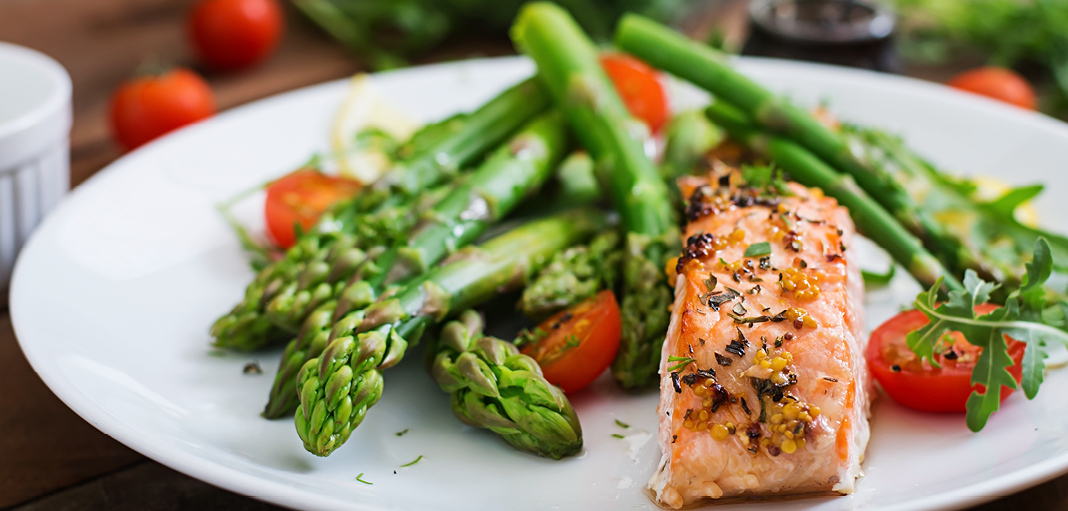Enroll with us in a few easy steps
Your goal after a transplant is to feel well and stay healthy. That’s why your diet plays a big role after your transplant. It’s important that you stay at a healthy weight and eat a healthy, balanced diet.
Some of your transplant medication side effects make a difference in your nutritional health. For example, steroids like prednisone, can make you feel hungry even after you eat. They can also increase your cholesterol, triglycerides and blood sugar levels. Steroids can also cause you to carry extra salt and water. Medications like tacrolimus, cyclosporine or sirolimus may also raise your cholesterol, triglycerides and blood sugar levels.
Follow these healthy nutrition tips:
- Learn to read food labels.
- Keep your calories within your daily limit.
- Choose healthy foods that include a balance of protein, carbohydrates and fats.
- Choose foods that are low in fat overall. Limit foods with saturated or trans fats.
- Stay away from foods that are high in sugar. Watch the label for added sugars.
- Eat a low-salt diet.
A healthy diet includes:
- Fruits and vegetables
- Whole grains
- Low-fat or fat-free milk and dairy products
- Lean meats, poultry (chicken, turkey), fish and eggs
- Nuts
- Beans
A healthy diet is low in:
- Saturated fats
- Trans fats
- Salt
- Added sugars
- Cholesterol
Talk to your transplant team or dietitian about your specific diet. Learn if you need to add or limit certain foods based on your health.
This information is not a substitute for medical advice or treatment. Talk to your doctor or health care provider about your medical condition and prior to starting any new treatment. CVS Specialty assumes no liability whatsoever for the information provided or for any diagnosis or treatment made as a result, nor is it responsible for the reliability of the content.
Your privacy is important to us. Our employees are trained regarding the appropriate way to handle your private health information.

